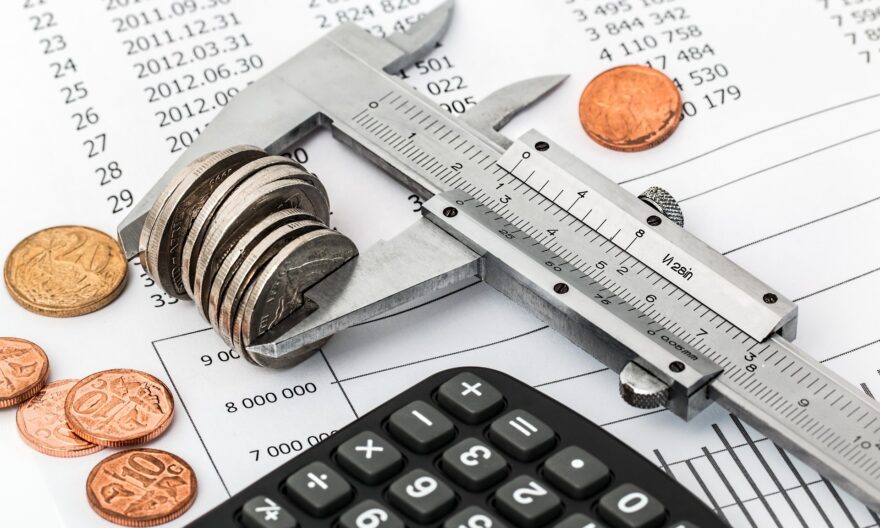
Managing your personal finances can be a stressful task. In particular, 2020 has been a tough year for many and, despite economic packages, many consumers are hoping to improve their financial situation in the coming year.
Whether you’re stuck in a cycle of debt, want to improve your standard of living, want to save more for the future, or anything else, it’s essential to get your finances in check.
To help you get started, here are some simple strategies to get you started.
1. Set some financial goals
Having a financial plan with clear short and long-term goals is a must. Creating a timeline with milestones can help you plan for the future and prioritize your money goals.
Start by thinking about the things you want in the future. Then, set realistic deadlines for when you would like to achieve them.
2. Create a monthly budget
Having a monthly budget is one of the best tools for money management. It means you can monitor how much money you have coming in and how much you spend.
Start by writing down your income and expenses, with the essentials first. After this, you can see where changes are needed and you can find ways to cut your spending or earn more.
3. Save on your bills
One of the easiest ways to cut expenses is to save money on your regular bills. Contact your suppliers and see if they can offer you a discount, or simply search for better deals.
Additionally, some bills can be cancelled altogether if you don’t use or need them. For example, if you have cable TV, you might consider cancelling and replacing it with a streaming service.
Eating at home rather than eating out is another money-saving idea. This is an area lots of people overspend in. By planning out home meals, you can save loads of money!
4. Make a debt repayment plan
Financially, being stuck in a cycle of debt can be a challenge. But, by making a plan to pay them off, you can save yourself a lot of stress – and save money!
Start by listing all your debts, then decide how much you can pay each month and split your available funds accordingly. Always pay off the highest interest debts first.
If you have multiple debts and are struggling, there are also other options to consider like debt consolidation loans or low-interest balance transfer credit cards.
5. Set up a regular savings plan
As long as your debts are under control, you can start to build wealth for the future by saving an affordable amount each month.
Set a target of how much you can afford to save each month, remembering to consider your budget. Then, set up automatic payments to your savings account from your bank account.
6. Find extra income sources
Cutting costs is one way to boost your finances. But, another way to do this is by finding additional income sources to boost your disposable income.
Some examples of this include getting a second job, starting a business, taking online surveys, or investing in property or the stock market.
Alternatively, if you already have a job with a regular paycheck, you can try asking for a pay rise. Speak to your managers and make your case, explaining why you’re worth the money.



